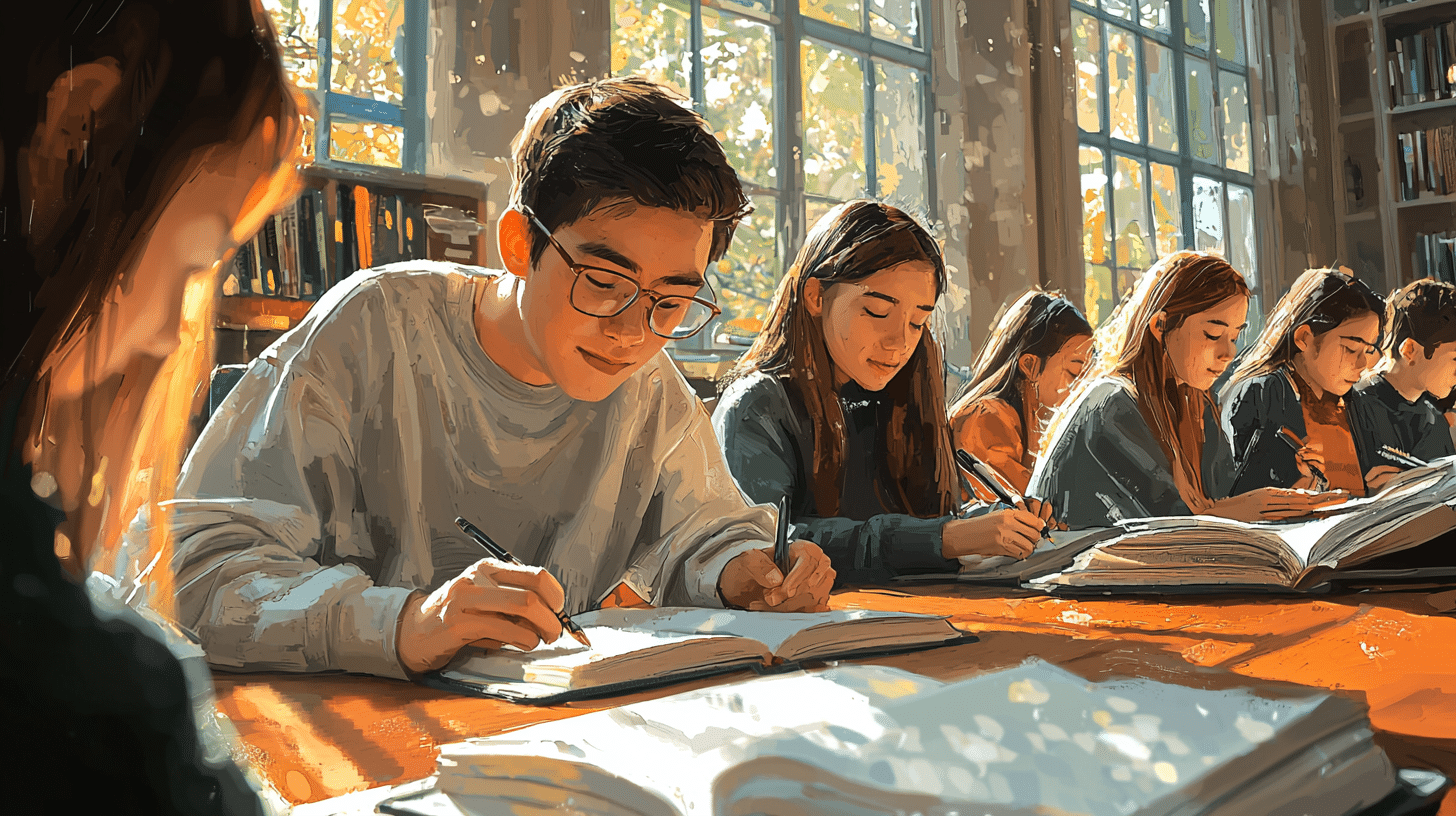
La maîtrise du gallois peut sembler un défi de taille, mais avec les bonnes ressources et une pratique régulière, vous pouvez progresser rapidement. Nos exercices de grammaire sont spécialement conçus pour vous aider à naviguer à travers les subtilités de cette langue celtique. En vous concentrant sur les peines avec sursis, vous aurez l'occasion d'améliorer votre compréhension des structures grammaticales et des nuances linguistiques qui sont essentielles pour une communication fluide et précise en gallois. Ces exercices interactifs couvrent divers aspects de la grammaire galloise, allant des conjugaisons verbales aux constructions des phrases complexes. Chaque exercice est accompagné d'explications détaillées et d'exemples pratiques pour vous guider tout au long de votre apprentissage. Que vous soyez débutant ou que vous ayez déjà une certaine connaissance du gallois, ces activités vous offriront une pratique précieuse et vous aideront à renforcer vos compétences linguistiques de manière efficace et agréable. Plongez-vous dans ces exercices et observez vos progrès au fil du temps!
1. Mae'r plentyn yn *darllen* llyfr (gweithred a wnawn gyda llyfr).
2. Roedd hi'n *bwyta* cinio wrth y bwrdd (gweithred gyda bwyd).
3. Rydw i'n *mynd* i'r ysgol bob bore (gweithred ar ddechrau'r dydd).
4. Roedd y ci yn *rhedeg* yn y parc (gweithred a wneir gan anifail).
5. Mae'r athro'n *dysgu* dosbarth (gweithred a wneir gan athro).
6. Roeddwn i'n *ysgrifennu* llythyr at fy ffrind (gweithred gyda phapur a beiro).
7. Byddwn yn *gweld* ffilm yn y sinema nos Wener (gweithred gyda ffilm).
8. Roedd y plant yn *chwarae* yn yr iard ysgol (gweithred a wneir gan blant).
9. Mae'r ferch yn *paentio* llun ar y wal (gweithred gyda brwsh a phaent).
10. Roeddwn i'n *cerdded* ar hyd y traeth gyda fy nghi (gweithred a wneir gan bobl ar draeth).
1. Mae hi'n *mynd* i'r siop (verbe de mouvement).
2. Ydych chi'n *hoffi* coffi neu de? (verbe pour indiquer une préférence).
3. Dw i'n *byw* yng Nghaerdydd (verbe pour indiquer la résidence).
4. Roedd y plentyn yn *chwarae* yn y parc (verbe pour une activité ludique).
5. Mae'r gath yn *cysgu* ar y soffa (verbe pour une activité de repos).
6. Wyt ti'n *eisiau* rhywbeth i fwyta? (verbe pour indiquer un désir).
7. Roedd hi'n *darllen* llyfr (verbe pour une activité intellectuelle).
8. Mae'r athro yn *dysgu*'r dosbarth (verbe pour une activité éducative).
9. Roedd y ci yn *rhedeg* yn y cae (verbe pour une activité physique rapide).
10. Mae hi'n *gweld* y ffilm newydd (verbe pour une activité de visionnage).
1. Rwy'n *mynd* i'r ysgol (berf am symud).
2. Mae'r ci yn *cysgu* ar y soffa (berf am weithgaredd anifeiliaid).
3. Bydd hi'n *braf* yfory (ansoddair am dywydd da).
4. Mae'r plant yn *chwarae* yn y parc (berf am weithgaredd plant).
5. Rydw i wedi *darllen* y llyfr hwn (berf am weithgaredd darllen).
6. Mae gan y dyn *cwch* ar y môr (ffurf am gludiant dŵr).
7. Byddwn ni'n *bwyta* cinio gyda'n gilydd (berf am weithgaredd bwyta).
8. Mae'r car yn *cyflym* iawn (ansoddair am gyflymder).
9. Mae hi'n *meddwl* am ei gwaith cartref (berf am feddwl).
10. Rydw i'n *hoffi* chwarae pêl-droed (berf am hoffi rhywbeth).